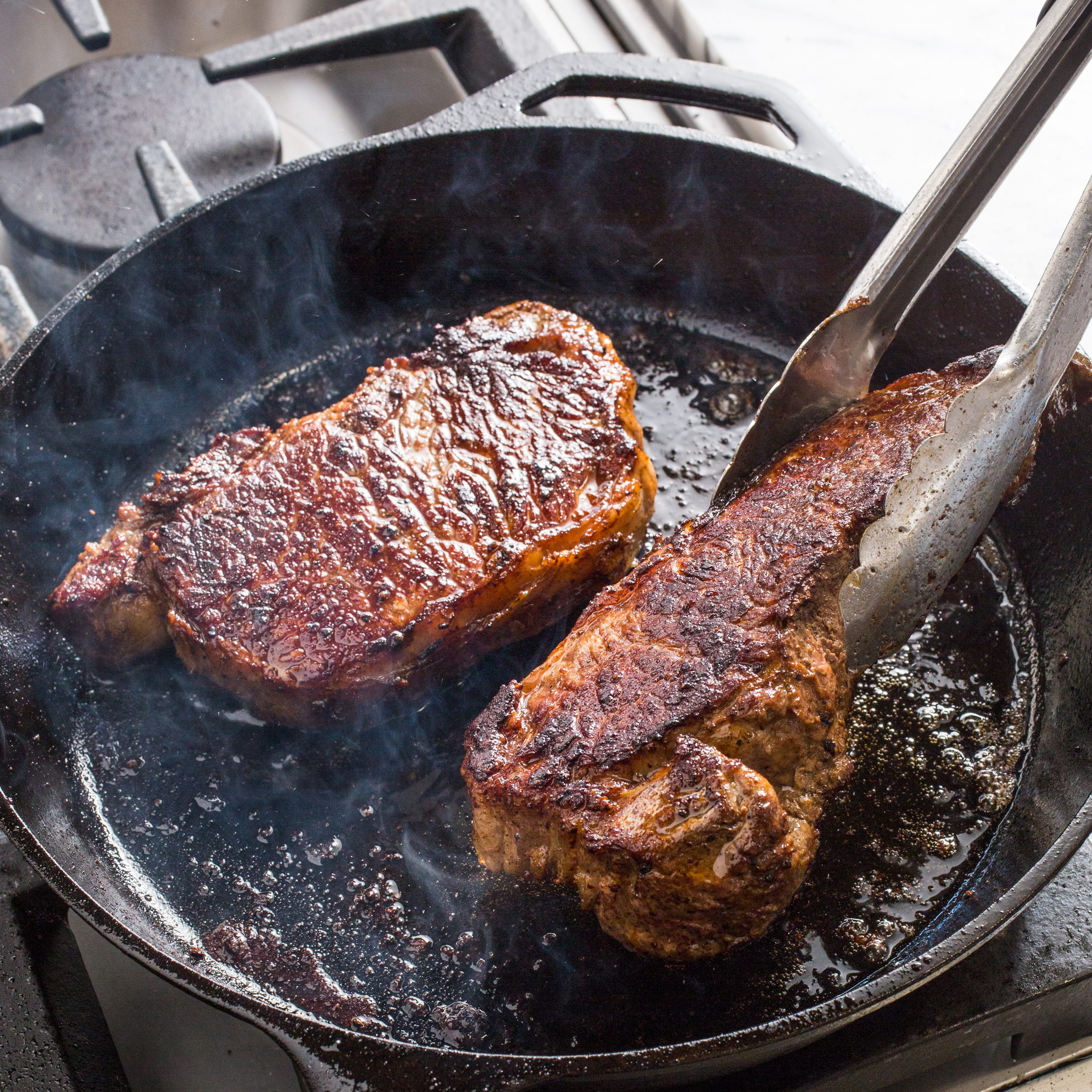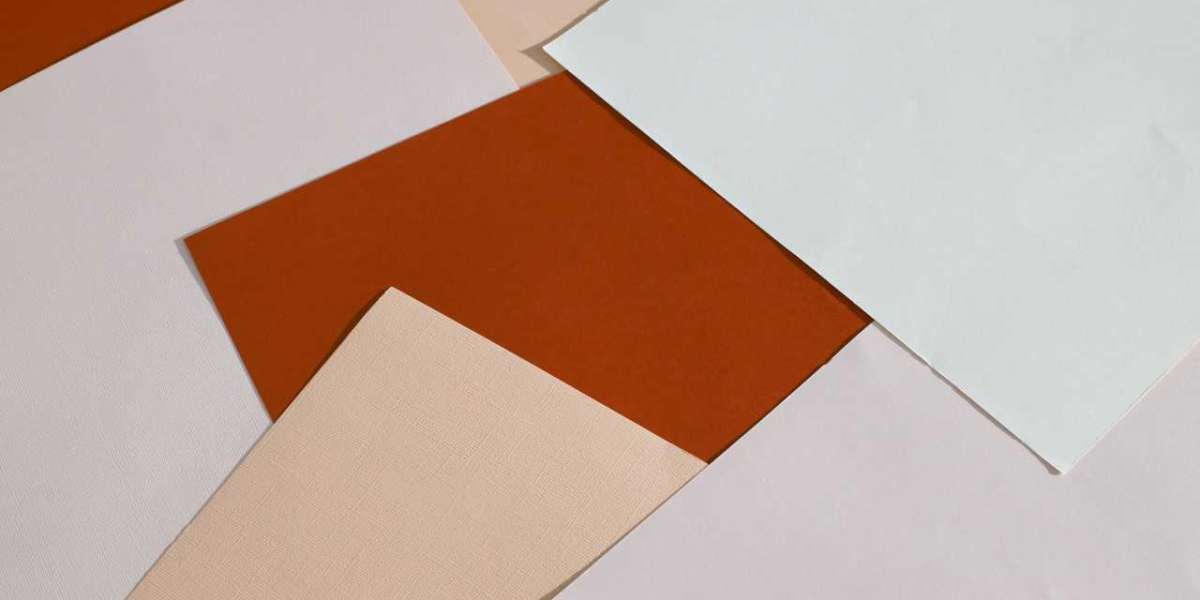Cast iron cookware is known for its durability and ability to retain heat, making it a popular choice among chefs and home cooks alike. When it comes to cooking with cast iron, there are different options for oils and fats to use, with butter and olive oil being two of the most commonly used. While olive oil is often seen as a healthier choice, there are several reasons why cooking with butter on cast iron is a better option.
Flavor
Butter has a rich, creamy flavor that can enhance the taste of your food, especially when cooking items such as steak, potatoes, and eggs. Olive oil, on the other hand, has a fruity and tangy taste that can overpower the natural flavors of the food.
Smoke Point
The smoke point is the temperature at which an oil or fat begins to smoke and break down. When cooking with cast iron, it is essential to use an oil or fat with a high smoke point to avoid creating harmful compounds in your food. Butter has a higher smoke point than olive oil, making it a better option for cooking at high temperatures.
Texture
Butter contains milk solids and water, which can help create a crispy texture when cooking with cast iron. Olive oil, on the other hand, can create a more soggy texture when used to cook items such as potatoes and chicken.
Versatility
Butter is a versatile ingredient that can be used for cooking, baking, and as a condiment. It is suitable for sautéing, roasting, and even grilling. Olive oil, on the other hand, is not as versatile and is mainly used for sautéing and as a finishing oil.
Nutritional Value
While butter is often seen as less healthy than olive oil, it does have some nutritional benefits. It is a good source of vitamin A, D, and E, and contains healthy saturated fats that can help improve cholesterol levels. Olive oil, on the other hand, is a better source of monounsaturated and polyunsaturated fats, but does not contain the same nutritional benefits as butter.
In conclusion, cooking with butter on cast iron offers several advantages over using olive oil. It provides a rich flavor, has a higher smoke point, creates a crispy texture, is versatile, and offers some nutritional benefits. While olive oil is a healthy option, it may not be the best choice for cooking with cast iron. Using butter instead can help you create delicious and flavorful meals while still maintaining the benefits of cast iron cookware.








